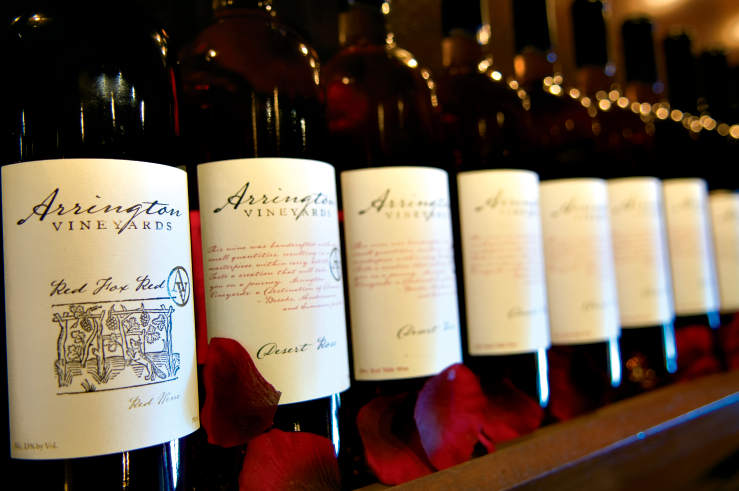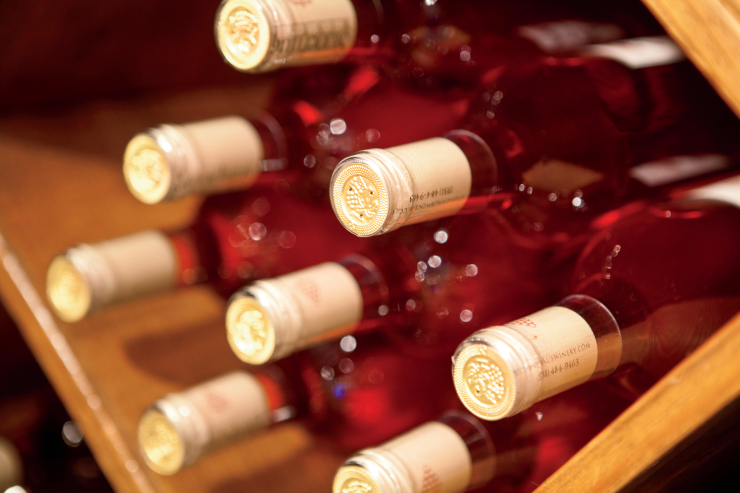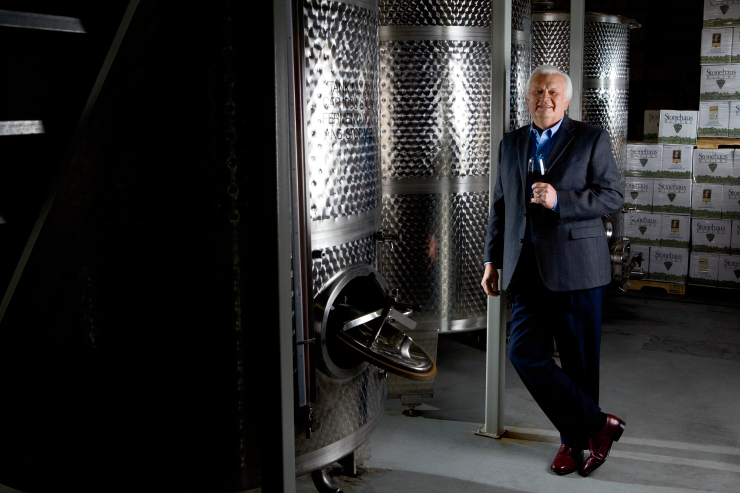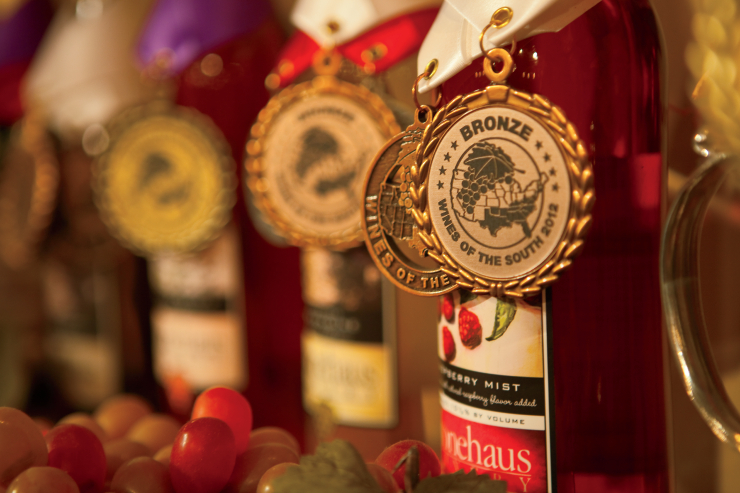Home > Tennessee > Tennessee Agritourism > Tennessee Wine Industry Attracts Tourists, Supports Farmers
Tennessee Wine Industry Attracts Tourists, Supports Farmers
In partnership with: Tennessee Department of Agriculture

In a state known for its world-famous whiskey, the post-Prohibition resurgence of winemaking is still relatively new, but it’s the fastest-growing Tennessee agricultural segment.
Fifty wineries have opened in every corner of Tennessee, up from 30 just a decade ago.
“I think we’ll see that number double in the next decade,” says Jonathan Ball, vice president of operations of Rocky Top Wineries, the largest cooperative of wineries in the state. “We have a lot of room to grow this business in Tennessee.”
State wineries crushed more than 1.5 million pounds of grapes in 2011, and Rocky Top Wineries crushed 850,000 pounds of that total. Ball notes that Rocky Top Wineries doesn’t grow a single grape, but rather buys from local farmers.
“We bought fruit from 38 different growers, which is what we typically do annually,” he explains. “We buy from local farmers, and that’s good for Tennessee agriculture.”
The average size of a Tennessee vineyard ranges from 10 acres to 15 acres, though larger vineyards exist, such as the 120-acre Reedy Creek in Bristol. Ninety-five percent of the grapes grown in Tennessee are made into wine.
“It’s a product that supports local farmers,” Ball says.

Grape Expectations
More than 30 varieties of grapes are grown in Tennessee, including well-known wine grapes, such as Chardonnay, Pinot Noir, Cabernet Sauvignon and Merlot, plus the state’s most popular grapes – Concord and Muscadine.
“We’re a Southern state, so we’re known for our sweet wines, which is not surprising since we have sweet tea with our lunch,” Ball says. “But we are starting to develop some excellent dry ones.”
In fact, Tennessee vintners have produced some award-winning wines in recent years. Beachaven Vineyards and Winery in Clarksville took top honors for its Syrah at the 2011 Wines of the South competition hosted by the University of Tennessee. Other Tennessee winners in the field of wineries from 14 states included Sugarland, Stonehaus, Arrington, Old Millington, Mountain Valley, Reedy Creek, Century, Grinder’s, Beans Creek, Keg Springs, Amber Falls, Mountainview, Blue Slip, Hillside and Apple Barn.

“Tennessee wines are wonderful,” says Tammy Algood, viticulture specialist for the Tennessee Department of Agriculture (TDA), which works to promote the state’s wine industry. “The quality of Tennessee wines can be seen in the numerous awards they win in regional, national and international competitions. There is a Tennessee wine for any type of wine lover, from dry to sweet to sparkling.”
One Tennessee wine has achieved statewide and multistate distribution. Stonehaus wines can be found at the winery and in liquor stores in Memphis, Nashville, Chattanooga, Knoxville, Tri-Cities and all points in between. The wines are distributed to liquor stores across the country, as far north as Michigan and as far south as Alabama.

Wine Wins in Agritourism
Stonehaus is among the wineries to create a wine-tasting experience to go along with the sale of the product. Offering tastings and tours, gifts and scenic settings, Tennessee wineries are the most successful agritourism industry in the state, according to a 2010 study compiled by TDA. Grapes are the state’s third largest fruit crop.
“Agritourism is a major factor in the growth we’ve seen so far and in the future of the state’s wine industry,” Ball says. “When you look at Sevier County with 10 million people coming through annually, it’s clear we need to attract more of those to our wineries and wine trails. We’re partnering with the agriculture department in promoting agritourism to help make that happen.”



